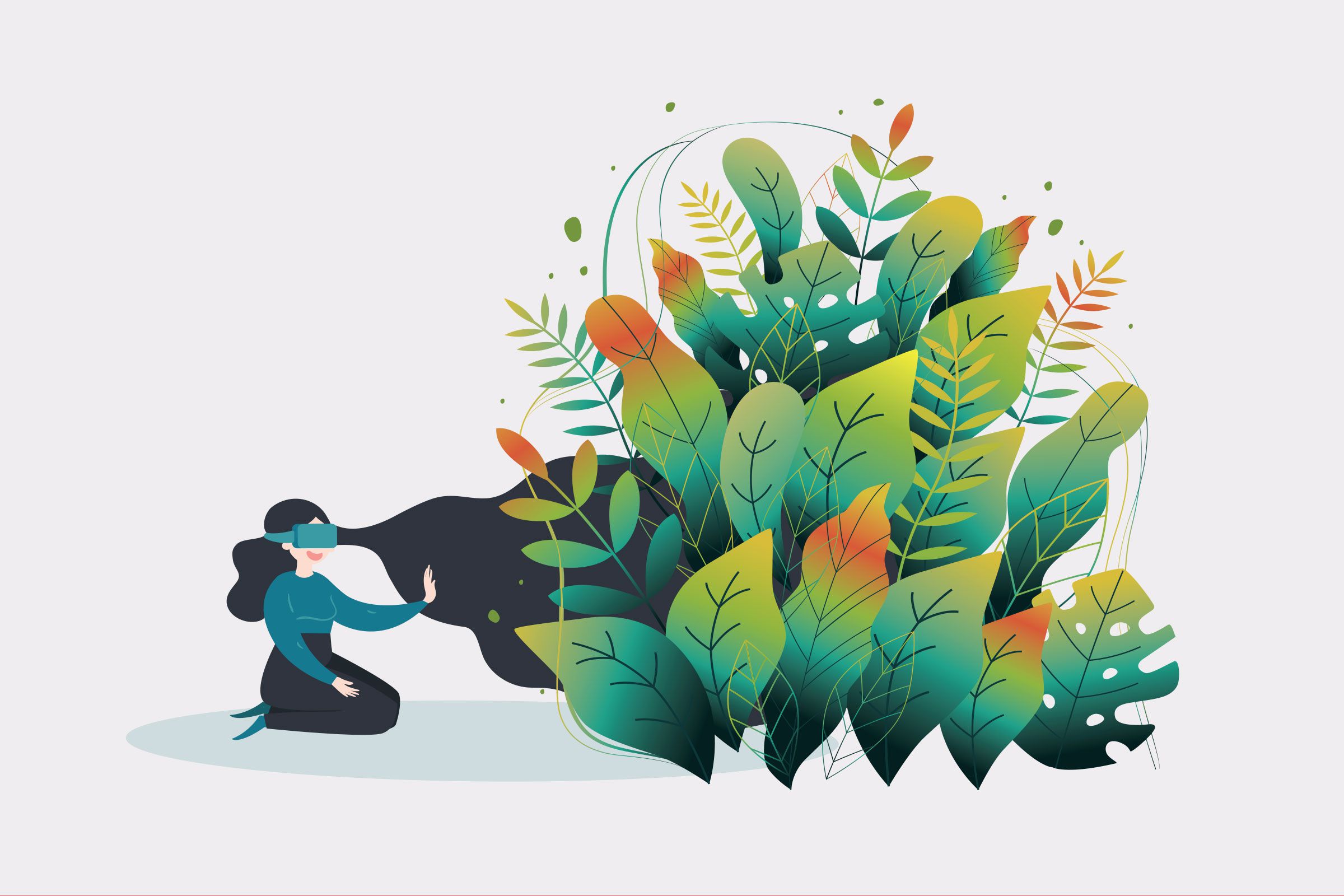Author: Melanie McKenzie Spring/Summer/Winter Internship 2020
Before working at TechChange, my professional experience existed almost exclusively outside: as a ski instructor, a field research assistant, and a trip leader and co-president of my college’s outdoor organization. In my first few weeks as an Education Team Consultant at TechChange, it was intimidating to be in a setting with so many individuals well-versed on topics that seemed unfamiliar to me. However, in the past seven months, I’ve come to realize that while I didn’t know the terms for these concepts, I was already quite familiar with them. As it turns out, having experience in the outdoor industry has prepared me well for a job in the tech industry, and having a job in the tech industry has helped me build on these skills even further. Here’s why:
1. You have to be ready for the unknown and make quick decisions.
What if you’re on a backpacking trip and someone twists their ankle? Or worse, someone is stung by a bee and has an allergic reaction? As much as we stress the importance of risk management in the outdoors, there’s no way to control what might happen. We have to be ready for whatever obstacles come our way, and if there is an accident, we must act fast.
I’ve utilized this skill a lot at TechChange. Working with clients on projects that have courses with various elements, several stakeholders, and hard deadlines requires effective planning and quick thinking, especially if a roadblock comes our way. For example, what if we hear from clients that ten video clips for a course (which were supposed to be completed by the end of the day) are missing a piece of formatting? Sometimes a new plan and a new approach can be helpful in stressful times. In cases like this, I used the same skills of scoping out the scene and making plans for action in an entirely new environment.
2. There’s always something to do, even when it seems like there’s a lull in tasks.
Hours of preparation go into every outdoor trip planned, and some tasks are more difficult to recognize than others. Sometimes it takes a lull in time between tangible action items to find the tasks that might not be done otherwise, like double-checking that everyone’s dietary restrictions are accounted for in the meal plan, or that the paperwork is in the correct folders.
As my time at TechChange increased from ten hours a week to twenty, I started to comprehend the processes behind the scenes and to prioritize the must-do action items, all building on my previous experiences as a trip leader. For example, if there are a few days where we’re waiting to hear feedback from clients, we can work on quality assurance, create new graphics, or organize our shared folders and files to maintain our workflow. There’s always something that you can do! Further, I was able to learn new skills, like creating graphics on Adobe Illustrator, that I have now applied in several other contexts, from creating infographics for my outdoor organization to crafting a model building and its circuitry in my physics class.
Image caption: Infographics I made this year for the YouthMappers course (top) and for the Financing Community Health Programs for Scale and Sustainability seven-course program (bottom).
3. It is essential that you teach effective lessons.
I’ve gone through several months of outdoor training and each one taught a different structure for giving lessons. I learned to teach kids how to ski by having them follow me or by playing games so that they form a muscle memory of the proper movements. I learned that I could show someone how to tie a knot with three different approaches before I tell them to try it themselves (an example of the Universal Design for Learning). In the outdoors, it’s essential that lessons are catered to the audience so that they absorb the information because there can be high stakes if a skier doesn’t know how to stop, or if a rock climber can’t tie a knot correctly.
When my colleague Nat led an “Introduction to Instructional Design” session for the summer interns, the term instructional design was just one of the many buzzwords that I hadn’t yet grasped. Nat asked if we’d had any prior experience with instructional design, and I initially said no. But in her session, she helped me realize that I had been practicing instructional design for the past four years and I just hadn’t known it. Not only had I been using different instructional design frameworks in the outdoors, but I’d been using them during my time at TechChange. I helped onboard new members of the team through platform tutorials and brainstormed a format for interactive activities. Well-thought-out instructional design has a major role in TechChange’s success.
This session revealed to me how much my previous experience teaching lessons connect to my time at TechChange, and why I’ve come to enjoy my job here so quickly. This time for reflection was essential to my understanding of how TechChange has helped me learn new skills while expanding on my old ones. And as it turns out, my previous experience in an outdoors setting helped ease the steep learning curve as I started working in a tech-centered office setting (particularly during the COVID-19 pandemic). What’s more important is that TechChange has taught me how to build on and reimagine these skills in an entirely different setting. The TechChange community has facilitated my growth as an employee and for that, I am grateful.



